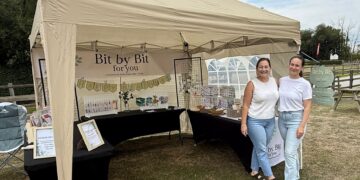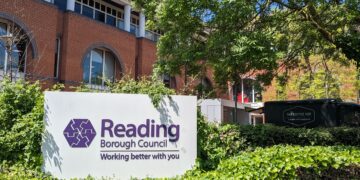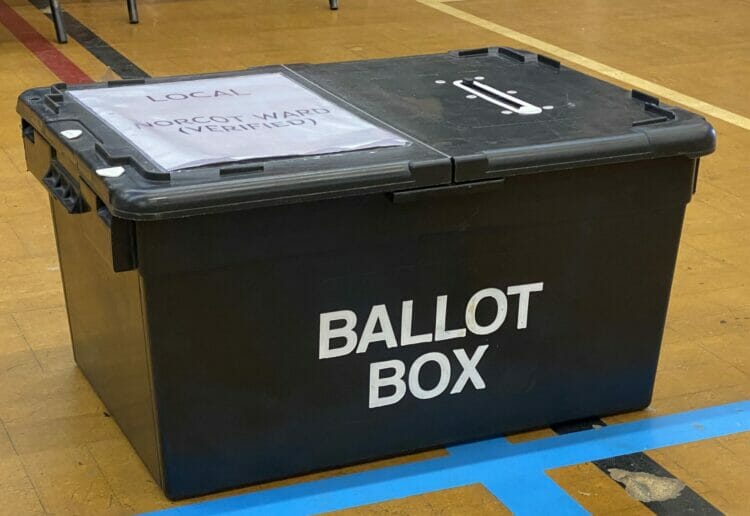By Jason Brock
A reminder, for those who haven’t already, that you have until Monday, April 17, to register to vote in this year’s local Council elections. You can do it online, and it takes just five minutes, at www.gov.uk/register-to-vote.
The elections give you the chance to have your say on how the town is run, and on the competing visions different parties have for the future of Reading.
Naturally, I hope you’ll vote in support of Labour’s ambitious plans for our home town – and you’ll be seeing plenty of material coming through your letterbox in the coming weeks I’m sure.
The election itself is on Thursday, May 4, and the big change in the process this year is that, for the first time ever, residents who vote at their polling station will need to show photo ID.
As we approach polling day, I’ve noticed this change is starting to spark some debate.
If you head to the Government’s website, you will list of what is deemed to be acceptable ID: www.gov.uk/how-to-vote/photo-id-youll-need.
Putting to one side the standard forms of photo ID which most, although far from all, of us will have (like your passport or a photocard driving licence), a cursory glance through the rest of the list shows a number of alternative options for older people.
These include an older person’s bus pass or an Oyster 60-plus card. There are not quite so many options for younger voters – it strikes me as a particularly absurd that Railcards are not permitted, for example, nor any student ID lacking the PASS hologram.
I’ll leave it to others to question the motive for the change, and you’ll find plenty of commentary and column inches spent on the matter. Instead, I will just use this opportunity to remind younger residents – and, indeed, all of our residents who plan to vote at their local polling station – to remember to bring an acceptable form of photo ID on Thursday, May 4.
We are all creatures of habit, and everybody has their own routine for polling day. I fear this means there will be a fair few who will forget to bring their ID and will thus be forced to return home to collect it before journeying out again to vote.
Save yourself some time on the day and stick a post-it note on the fridge, set an alarm on your phone, or leave your ID by the front door where you can’t miss it on your way out to vote… whatever it takes for you to remember.
Residents who do not have an accepted form of ID still have until Tuesday, April 25,to apply online for a free Voter Authority Certificate, which they can use on polling day. You can do that via www.gov.uk/apply-for-photo-id-voter-authority-certificate and, again, it is a very simple process only taking five minutes.
If you do not have access to the internet, you can always request a paper application form by calling the Council’s Electoral Services team (0118 937 3717) who will be happy to help, but make sure you build in enough time to return it by the April 25 deadline.
There is, of course, an easy alternative that takes the stress out of all of this, and that is to apply for a postal vote, which will enable you to vote from the comfort of your own home. 5pm on Tuesday, April 18, is the deadline to apply and you can do that at www.electoralcommission.org.uk/i-am-a/voter/apply-vote-post.
If you prefer, you can also appoint someone you trust to vote in your place, which is known as a proxy vote. You can do that at www.electoralcommission.org.uk/i-am-a/voter/apply-vote-proxy.
In recent years, the turnout for local elections in Reading has been around and about the 33% per cent mark – or just one in every three eligible residents. I sincerely hope we don’t see a further fall in those numbers next month as a result of these new rules.
Your right to vote is important, and a healthy democracy should be removing the barriers to participation rather than erecting new ones.
Cllr Jason Brock is the leader of Reading Borough Council and ward member for Southcote
























